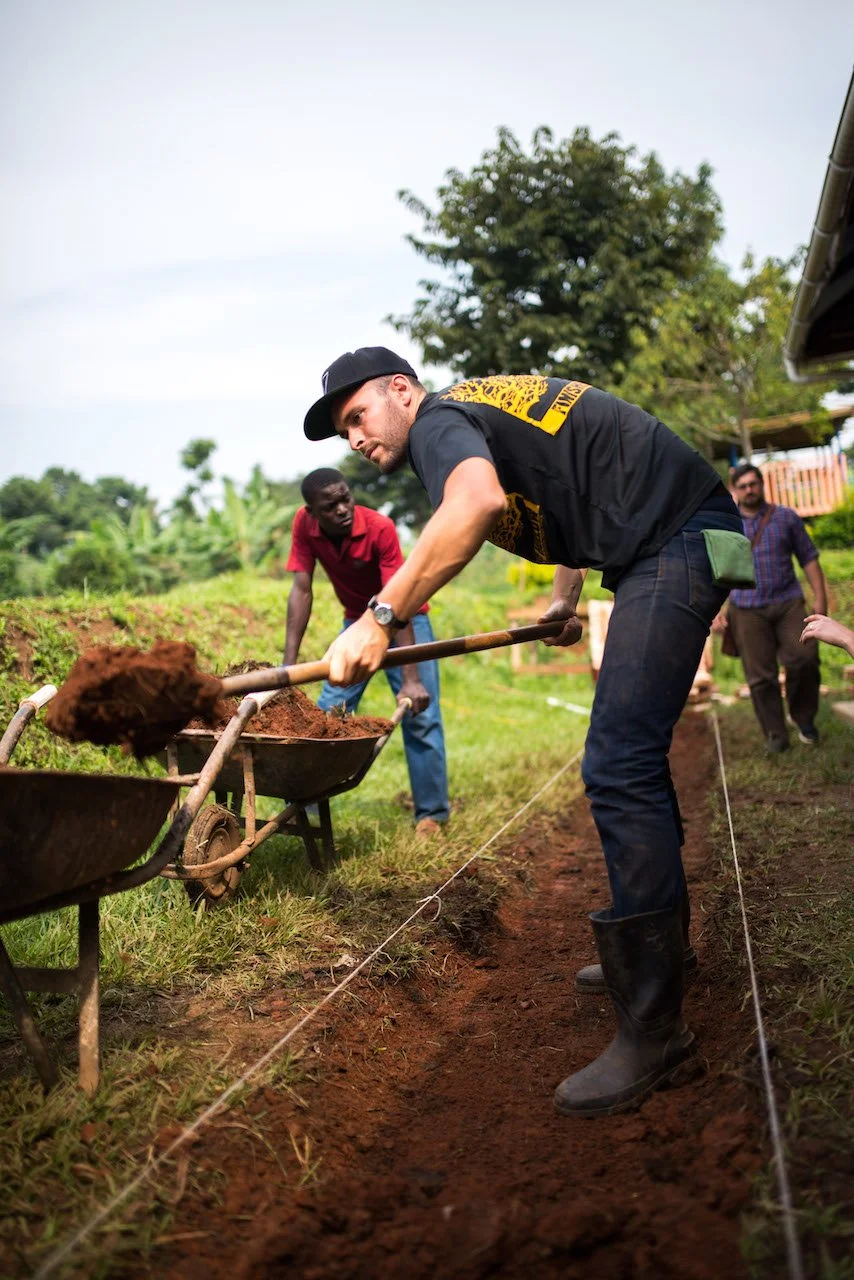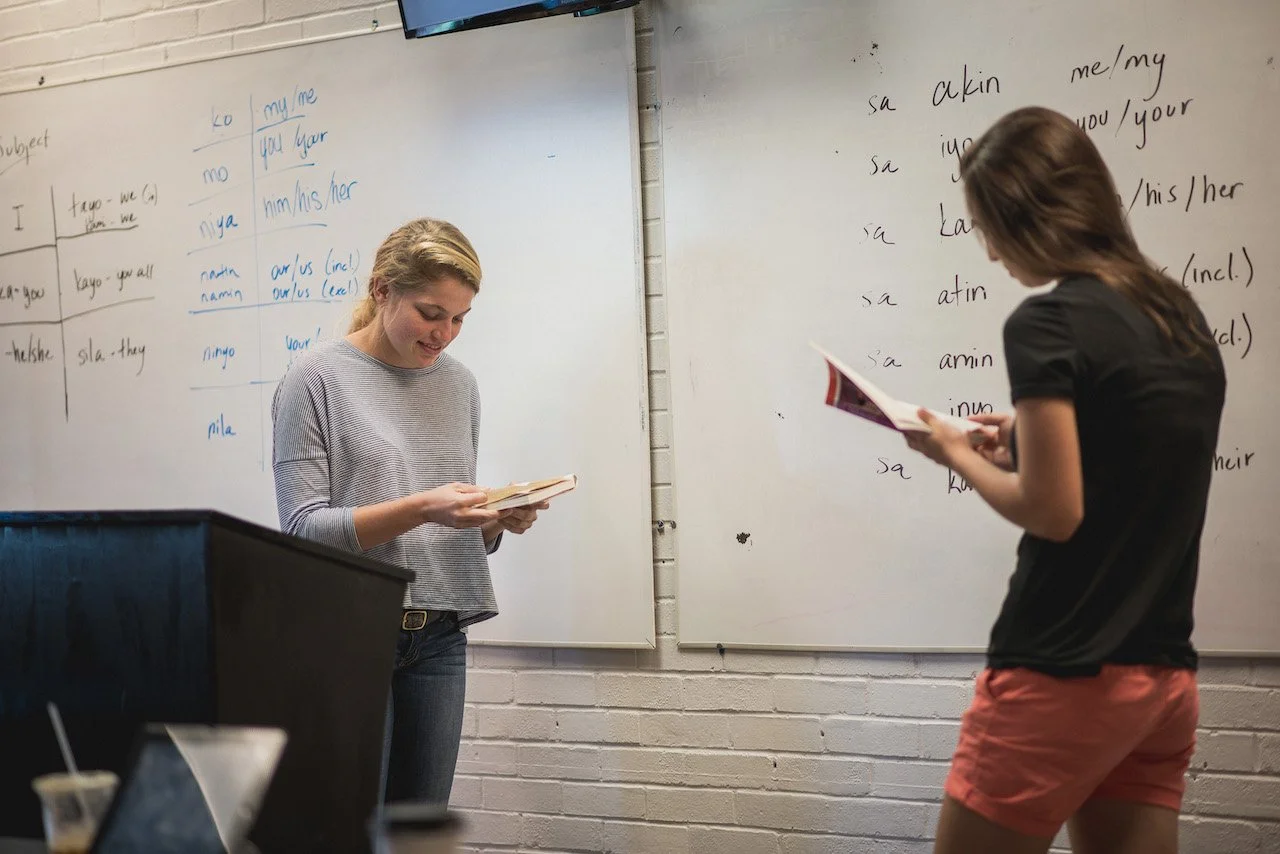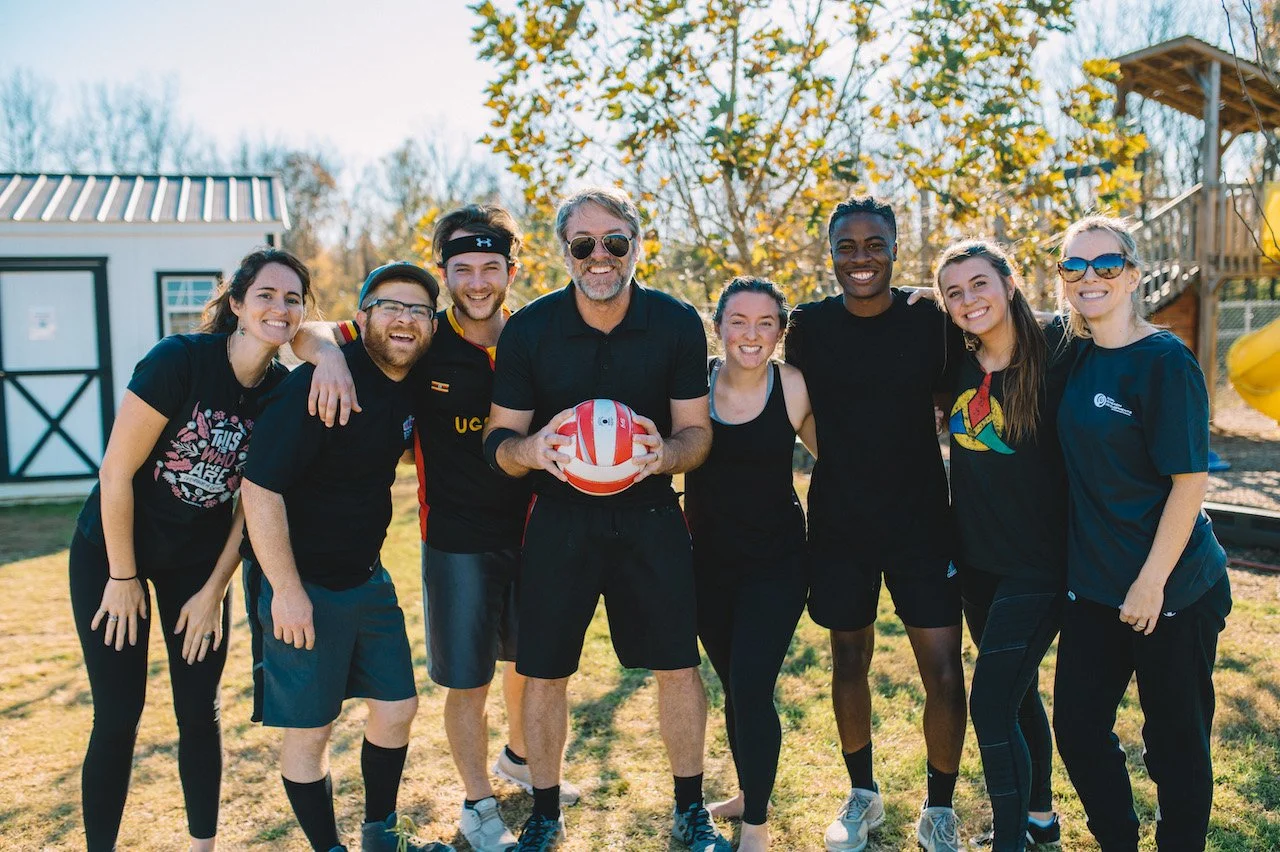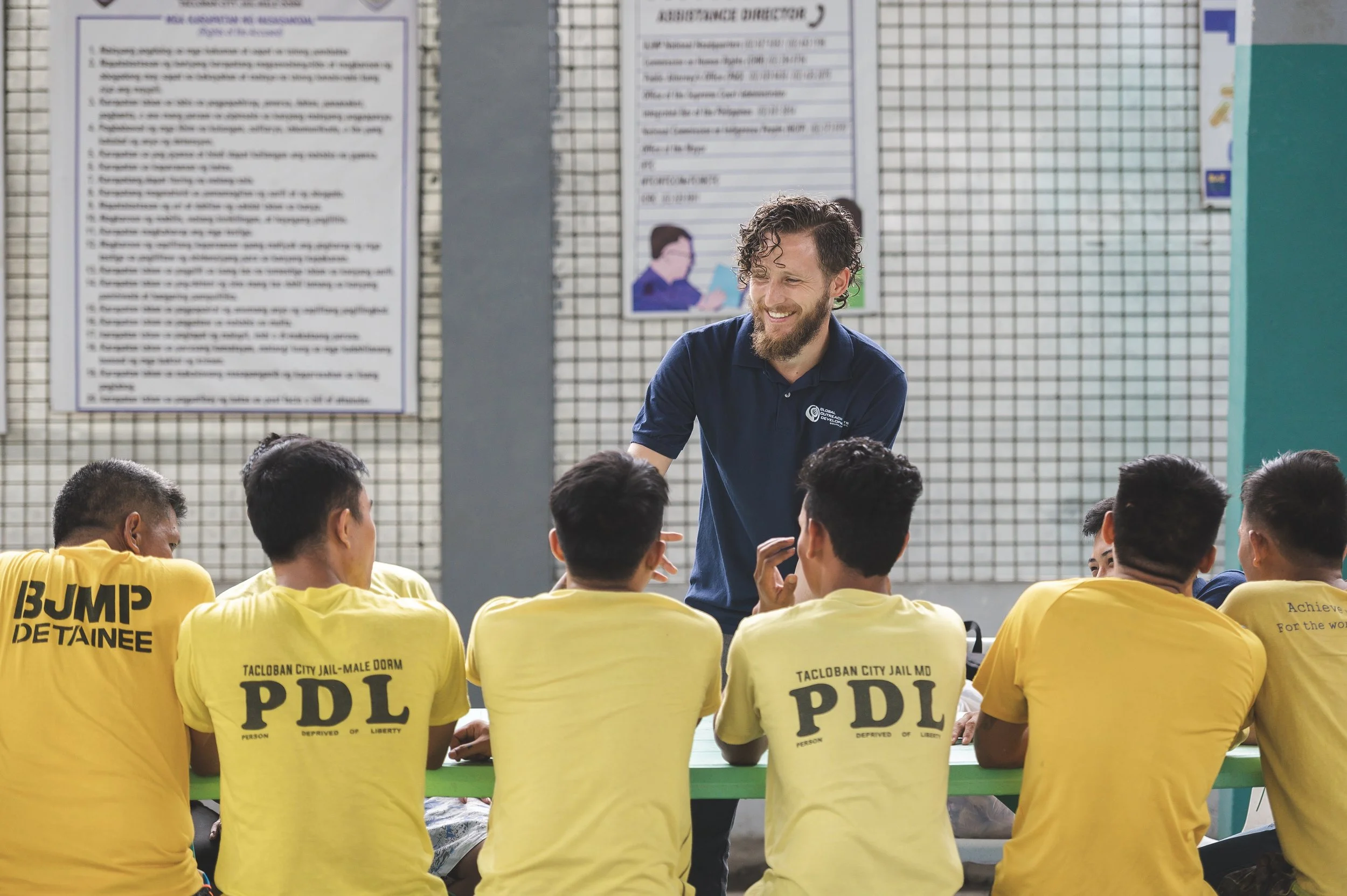What to Consider When Choosing a Missions Training Program
Training for missions is always a good idea. It is a complicated task and not something people should rush into without the proper biblical and cultural training.
It can be hard to decide on a missions training program, as you want to choose the one which will best prepare you for the mission field. However, without diving into a commitment, how do you know which program will properly develop you into the missionary who can fulfill all that God is calling you to do? We’ve put together some criteria you can use to help in your assessment of the various missions training programs you may be considering.
Each program has its own set of strengths and weaknesses. It is important to weigh these options seriously before making any big decisions, because after all, if you are following what God wants, there’s a sure bet that it’s going to be big. No program is perfect, but here are some categories to look for when considering a missions training program:
Missions is a God-given mandate. Students need to learn what God has to say about it from the source. A strong biblical education should be your first priority when training for missions.
Heavy Bible Emphasis
The most important part of any mission training program is its biblical emphasis. The Bible illuminates difficult situations, teaching us how to maneuver through them in a way where God is glorified. Without knowing the Bible, you won’t be an effective Christian either abroad or at home.
But how do you go about choosing a good biblical program? For starters, the program should empower you to responsibly interpret the word of God allowing you to discern how you should handle certain situations. If you can’t practically apply the Bible to cross-cultural scenarios yet, then keep studying.
Test it: Talk to students and alumni from the college you’re looking at. Listen to the way they talk about Scripture and what they’re doing with their life. This will be the best indicator of what the college is teaching.
What are you going to do when you get there? Make sure you have a relevant skill to share, teach, or serve with while you are abroad.
Skills Development
It is crucial for missionaries to possess practical skills in order to benefit the communities in which they serve. Once we asked a lifelong missionary to the Philippines what was the most important skill a missionary could possess. He did not bat an eye before he responded: “Plumbing.”
Real people have real problems that require real solutions. If you lack the capabilities to meet the physical needs a community is facing, don’t expect them to trust you concerning spiritual matters. Thus, a good program will equip you with a skill set to ensure you are a blessing rather than a burden.
Test it: Evaluate what skills graduates have. Ministry cannot only be “spiritual.” What skills do they possess to help a world in need?
Don’t go abroad without proper cross cultural preparation. Without it, you’ll likely get lost, make major mistakes, or make judgments you shouldn’t make, all because you weren’t prepared.
Cultural Understanding
Getting along with people of the same cultural background can be difficult. Imagine the difficulty of building strong relationships with those who have lived their whole life in a social context far different than yours! However, it is an essential step one must take to be a missionary. This requires a person to not only study other cultures, but to undergo self-evaluations themselves to find ways they need to adapt to better serve. You can’t expand your comfort zone without spending ample time outside of it.
Test It: Look through the course catalog. Do they offer classes in cross-cultural understanding? How many? Is time abroad part of the program or will you be studying solely hypotheticals?
One of the safest and most respectful things you can do on the mission field is learn the language of the people. At The Institute for G.O.D., we offer second language acquisition courses in Spanish, Swahili, Tagalog, and Hindi.
Language Learning
Language is directly related to culture, as language shapes the way the mind thinks. If you want to develop a deeper level of trust and understanding with the people you serve (and earn their respect), learning language becomes imperative. How can we make a big difference if people only understand a little of what we say? It shows commitment to the community you are serving, and will increase your understanding of their culture.
Test It: Check out that course catalog again. What languages does the school offer? If there are none, what’s your plan to learn it?
A large number of missionaries come home because they can’t get along with each other. Learning team dynamics before you go will help you work as a part of a team. If you actually want to make an impact - you’re not going to do it alone — God didn’t design you for it. At The Institute there are a lot of team dynamic opportunities, one of which is intramural sports.
Team Dynamics
Missions is never about a single individual, because serving God is never about a single individual. It’s about being the people of God as a community. A person who is unable to healthily function in a community will fail as a missionary. Mission programs need to evaluate and instruct people on how to sustain godliness within a community. This is not only done through learning the Bible, but by ensuring people are living out those values they are learning from the Bible together.
Test It: What is the student life experience like at the college? Are students friends, or self-focused? Are there ample opportunities for growth, and conflict, with others (athletics or intramurals, performing arts like plays or musicals, campus leadership groups)?
Don’t learn everything in the classroom — try out what you’re learning with accountability and supervision. We’re not saying “just go do it,” but, traveling with teams facilitated by experts in the field is a great way to prepare.
On the Field Training
“Start slow, start small” is wise advice from Roland Bunch’s book Two Ears of Corn, and it applies to many aspects of a missionary’s journey, especially field training. If a person has never been overseas and then expects to make the leap to a full-time missionary, it’s a big risk. If a person goes on a short-term mission trip, returns, processes what they experienced, and then is able to better prepare and plan for their next endeavor to the same location, then the risk is minimized and the chance for effectiveness increases. How much more when that process repeats itself multiple times and relationships are further developed with the empowered native missionaries on the field.
Test it: Analyze what opportunities for on-the-field training exist at the college. Do they happen one time, or several? Will you be given the opportunity to process, reflect, and get better, with feedback from those who have done it before?
Clark Miller serves with his family in the Philippines. They do a variety of ministry including youth empowerment, jail ministry, regular Bible studies, counseling, and food clothing distribution.
Advice from a Missionary
As a graduate and full-time missionary, I’d strongly encourage you to check out all that the Institute for G.O.D. has to offer. Their Biblical understanding leads to a holistic approach to missions allowing them to effectively change people’s lives for the better all around the world. The Institute has in-depth Bible and community development classes, active alumni who are a part of the Christian community around the college, work programs to teach practical skills, and a progressive on-the-field training program.
To learn more about the Institute, schedule a visit or a call with their team! If you are interested in some other great missions programs, check out this list of the Top 10 Best Missions Programs (except it’s missing The Institute.)
Sources: Pena, Madeline. “5 Types of Missionary Training Programs.” Bethany Global University. https://bethanygu.edu/blog/training/ultimate-guide-to-missionary-training-programs/ 







